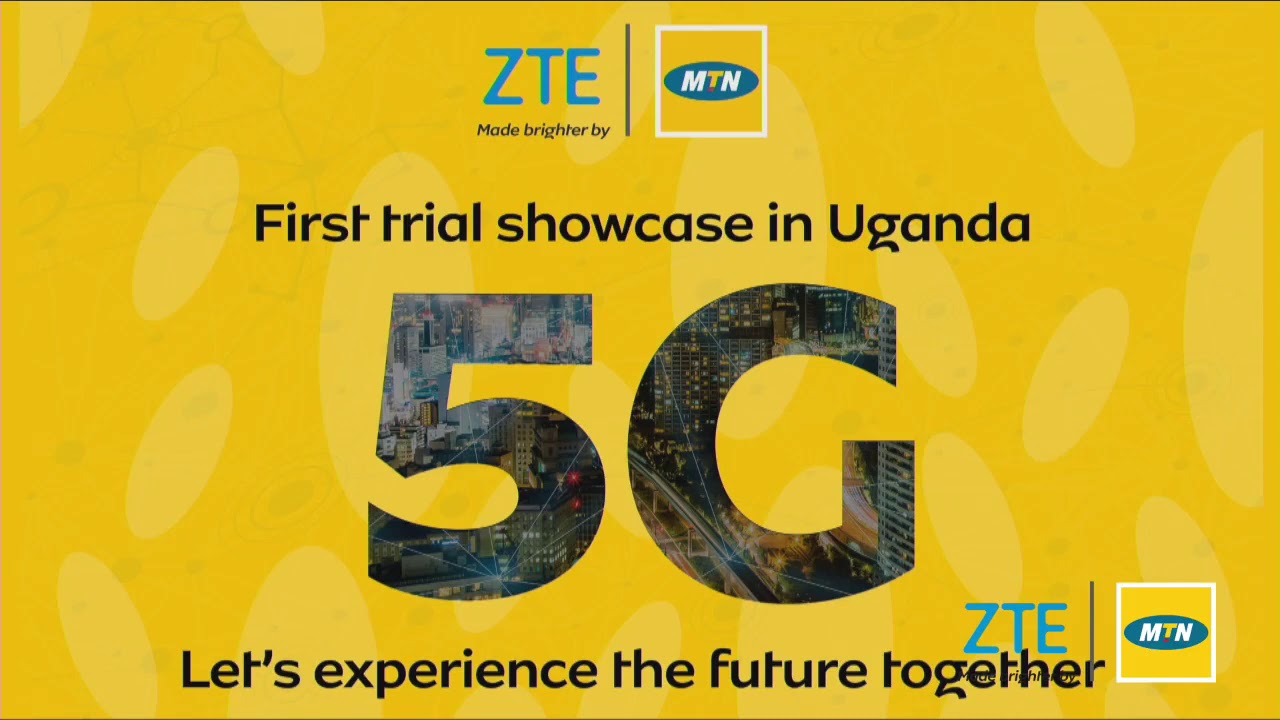The Uganda Communications Commission is in the process of licensing the first applicants for TV content development and provision under the digital broadcasting framework. So far five companies have applied for licenses as content developers. These include: Africa Broadcasting (NTV), NBS TV, Salt TV and Miracle TV (Channel 44) and a little known Believe Investment Ltd.
With migration of TV transmission from analogue to digital in the country nearly complete, TV service provision is set to change from analogue (frequency based broadcasting) to digital broadcasting.
According to the Uganda Communications Commission, “In analogue broadcasting, the signal is transmitted as a continuous wave, while for digital TV the signal is transmitted as a discrete wave. For digital TV, the signal is encoded and can be compressed to allow for more channels to be broadcast. “
Digital migration will bring better quality of service and need for more content. Besides better quality pictures and sound, other benefits of digital broadcasting include, more TV programmes and services, potential integration of services like radio, teletext, interactive services, games, and support for visually-impaired and internet, more parental control on programmes , infrastructure-sharing by using the signal distributor’s masts and more local content and more new content.
Under digital broadcasting, there is no need for every TV station to set up its masts; all they need to do is to prepare and package their content that will be distributed by a single service provider, in the case of Uganda, Signet. Going forward it means that all “TV stations” will have to do is to produce and package digitally compliant content that will be broadcast for them by signet, the only broadcast infrastructure operator in the country.
Digital migration will therefore bring about huge opportunities for creation of new content.
A report published recently by Accenture, a global consulting firm demonstrated that although TV will remain the most attractive visual medium, the behavior of viewers is fast changing which will shape the nature and form of content.
However, the Report entitled, “The Eyes Have It: Guess Who Control the Future of TV” published in 2013, says that today’s viewers of TV t most likely also own tablets, smart phones and laptops and are hooked on the internet. TV viewing is therefore moving away from a sit-down-and-do passive activity to a more interactive one, viewers as they are wont to do with their tablets and smart phones would like to interact with what they watch; give their comments and share and recommend what they enjoy with their friends.
Viewers also want to determine what they watch and when they watch it; they don’t want to switch the telly on and go by what is on the screen; they would like to choose from a menu of their interest- e.g content referred to them from their viewing history or referred by friends rather than sitting down to watch what the TV station has determined for them to watch, irrespective of their interests.
The Accenture Report further says that the business of running TV stations is getting rocked by the fast moving technology in IT- and ultimately the viewers will be the winners. The fast evolving developments in the Information communication and technology sector will rock the way TV operates, what goes on TV and how TV is watched. We will wait to see if Uganda content provision will match the needs of the time.













